My Uber driver made a U-turn, then another, before stopping his car alongside a busy roadway. Looking at his GPS, he pointed to a closed fence. “Here you are”. I got out and walked uncertainly to the locked door. Sure enough, a friendly sign welcoming visitors to Raiz Vertical Farms confirmed he was right.
On a recent visit to Portugal, I was on a mission to stake out some of the country’s social innovators to get a firsthand look at their impact on the ground. What I found was a diverse group of hardworking changemakers from a variety of sectors. For many, sustainability was the primary focus, the word rolling off their tongues with purposeful intent.
As far as I could tell, many didn’t self-identify as social entrepreneurs and were largely working independently, often under the radar. Unsurprisingly, it was a bit of a challenge arranging interviews. But the few folks I had the opportunity to connect with were exuberant, passionate and well-worth the effort.
Pioneering vertical farm uses hybrid energy
Raiz Vertical Farms was an ideal first stop. Situated 20 minutes from downtown Lisbon, the concept farm embraces a hybrid model that integrates natural light and LEDs, vertical farming, and solar energy. Its unique approach serves as a great example of how vertical farming can efficiently produce fresh and tasty local crops.
Lucía Salas de la Pisa demonstrates various basil plants, the primary produce grown at Raiz Vertical Farms
Their ultimate mission is to help cities become greener and more resilient by transforming underused urban spaces into vertical farms. “We can produce more food with less resources,” shares CMO Lucía Salas de la Pisa who gave me a tour of their flagship farm on an open lot shared with other socially minded entrepreneurs.
Always entrepreneurial and a self-described nature nerd, Salas preferred to play with plants than dolls as a child growing up in Spain. After studying marketing and getting an MBA, she moved to Canada and then Portugal in pursuit of sustainable business opportunities. Now part of a team represented by Mexico, Germany, the UK, Italy, Hungary and Spain, Salas has found in Raiz Farms a veritable united nations of social and environmental activism.
Basil is the primary product of the farm – they grow four different varieties which are sold to restaurants nearby. But they’ve recently initiated trials with other vegetables like cucumbers and peppers which have been performing well, Salas says.
The model farm’s 1000-liter water reservoir (hydroponic tower) recirculates water indefinitely, a highly sustainable approach considering that plants only absorb a certain amount of water at a time. To be sure, hydroponics is not unique to vertical farms. “Our real innovation is our energy efficiency,” enthuses Salas, explaining that their hybrid energy model ensures that 80 percent of their light comes from sunlight, while solar panels are installed atop the vertical farm containers.
It takes about 45 days for the vegetables to grow fully. Salas uses an app to ensure all is running smoothly, that temps are optimal, and that the right amount of hydration is in use. Eventually, the farms will be designed to be mostly autonomous, she tells me.
To scale up and achieve their mission, Raiz Farms is looking to raise 2 million euros. With some investors already on board, the team is halfway to their goal, which makes Salas hopeful. On that note, she tells me about another innovation they’ve uniquely adopted into their venture: blockchain. Described as “tokenised impact for the bold”, you can get a Farmshare, subscribe to their deliveries or generate yield through their NEAR powered NFTs.
In the meantime, the team runs events, farm tours and collaborates with partners who share their vision. By encouraging a new way of looking at unused urban spaces and a more sustainable approach to resources, Raiz Farms is on a path toward changing how the Portuguese eat and live.
Responsible tourism starts here
Changing how people travel was the mission of Diogo Areosa and his co-founder when they launched ImpacTrip in 2015. By creating opportunities for travelers to connect with locals, experience the culture, and contribute in a positive way to the local communities, their social venture is designed to inspire more meaningful travel experiences.
ImpacTrip offers short- and long-term volunteering opportunities which “help and leave a positive impact”, such as engaging in food rescue, animal care and forest conservation. They also run responsible travel experiences like eco-dives in the Azores, a zero-waste cooking workshop, and a local-led “walk for diversity’ in an historically multiethnic neighborhood in Lisbon.
Over the past nine years, the B Corp has established itself as one of Europe’s foremost socially conscious travel companions. Today 44 teams promote responsible travel in Portugal and beyond – in Spain, Croatia, Italy and Greece. They also work with NGOs and other organizations, facilitating CSR events centered around ImpacTrip’s distinctive volunteer experiences.
What’s more, the umbrella organization behind ImpacTrip also created Impact House, a hostel creatively designed with sustainability in mind. Some of its innovative features include a procurement policy that gives preference to non-profit suppliers, a shop that sells environmentally and socially responsible products that support local, a vegetable garden whose produce feeds the hostel’s patrons, impact-focused events, and an art gallery that exhibits works of disadvantaged artists.
No question, Impact House stands out as an outlier in the world of hosteling. For Areosa, it’s all part of a bigger mission. “Awareness is key, not money,” he explains. “We’re showing there’s a better way to do this.”
From farm to table (and to closet)
Joaquim Moreira is pioneering a better way of doing things too. I met up with the social entrepreneur at his flagship store in the city of Porto, a few hours north of Lisbon. When Fabrica do Azeite (“olive oil factory”) opened its doors in late 2021, its primary purpose was to showcase, as its moniker suggests, the sustainable olive oil Moreira had been diligently producing since 2006. Though still the heart of his business, the storefront today boasts a lot more than oil, with the circular economy the true star here.
Moreira initially worked in fast fashion, what he caustically refers to now as the “polluting industry”. In 2004, he finally had enough and decided to answer a higher calling. “I wanted to do something connected to the land,” he shares. He was determined to get back to the farm, a place he grew up, and dedicate his work to helping the planet.
With organic olive oil his north star, Moreira carved out 16 hectres of farmland and got to work. The business then evolved, organically (every pun intended). With another 2 hectors of land, a vineyard was cultivated to produce organic wine. “We try to be the most sustainable in what we do, it’s not just about taste,” he says, of the olive oil. “It’s also good for your health.”
Then, two years ago, the entrepreneur decided to do something even more inventive. He used the leftovers from his olive oil production to create a dye – a beige hue – that is now used in the manufacturing of organic clothing. All of these organic products – olive oil, wine, clothing (made of 100% organic cotton, free of any synthetic and chemical compounds) – are sold in his store, along with others that pair nicely with them, like jams, chocolates, cheese and nuts.
Contributing to the quirky, stylish feel of Fabrica do Azeite you’ll find an olive oil press in the centre of the store giving patrons an up-close look at how the product is made. The store also hosts workshops on making sustainable, health-conscious olive oil and offers tastings which customers can enjoy while browsing. As for why olive oil has become such a passionate foray, Moreira is clear: “It’s one of the most wonderful products in the world.”
At 57, Moreira is less concerned about things like scale, growth and profit. Today it’s about pursuing his passion, enjoying the process, and conserving the planet. Along the way, he’s determined to educate people about the health benefits of organic and a better way of farming. “Lands are completely poisoned with traditional production,” he explains. You may not have the capacity to produce as much or as quickly with organic farming, but sustainability is priceless, says Moreira. “We need a balance between profit and the health of our planet.”
Thank you to The Editory Riverside in Lisbon and MO House in Porto for their generous support throughout my stay in Portugal
Elisa Birnbaum is the publisher & editor of SEE Change Magazine and the author of In the Business of Change

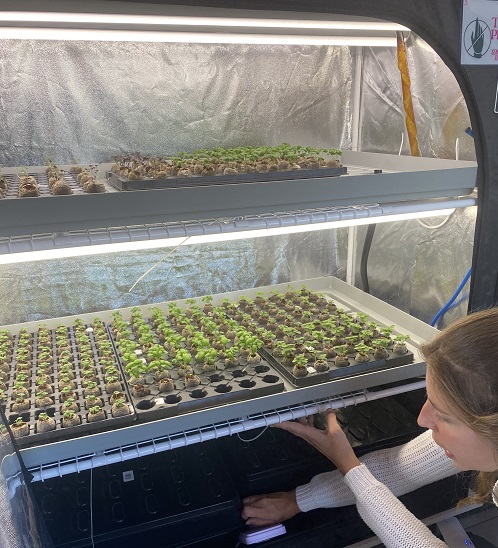
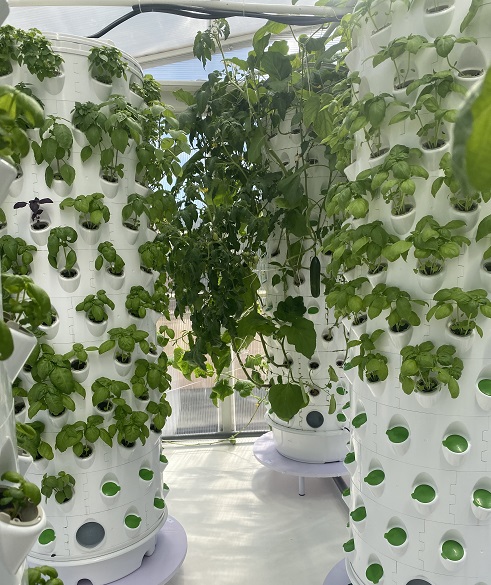
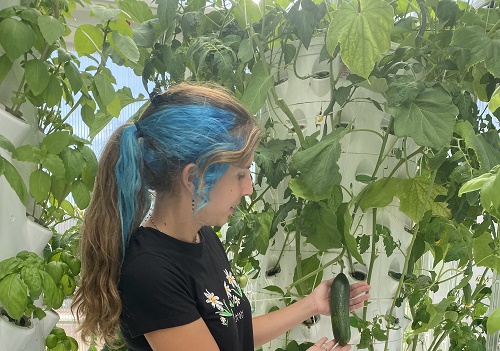
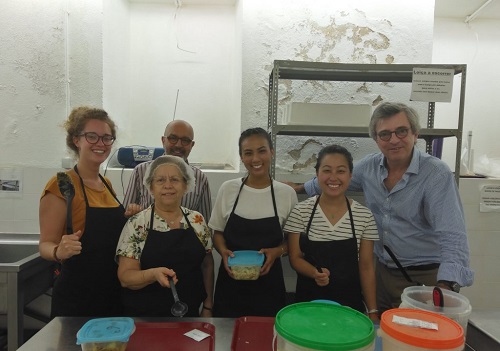
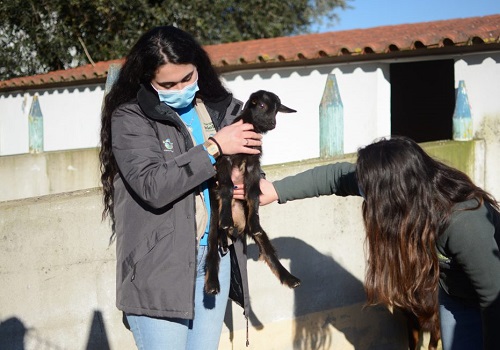
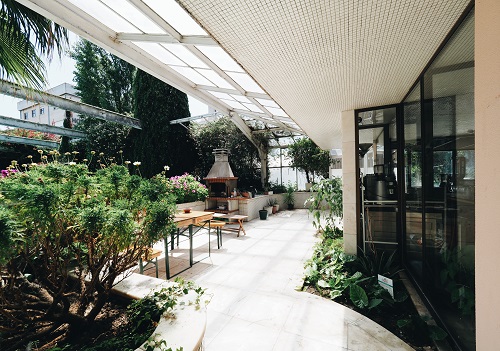
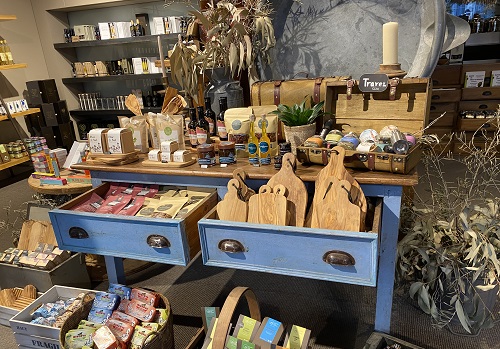
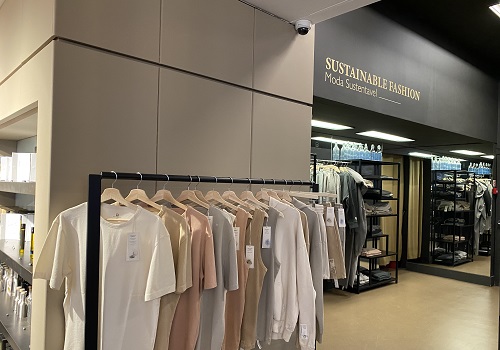
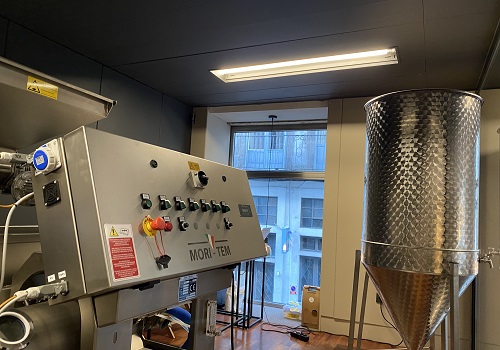
Excellent report